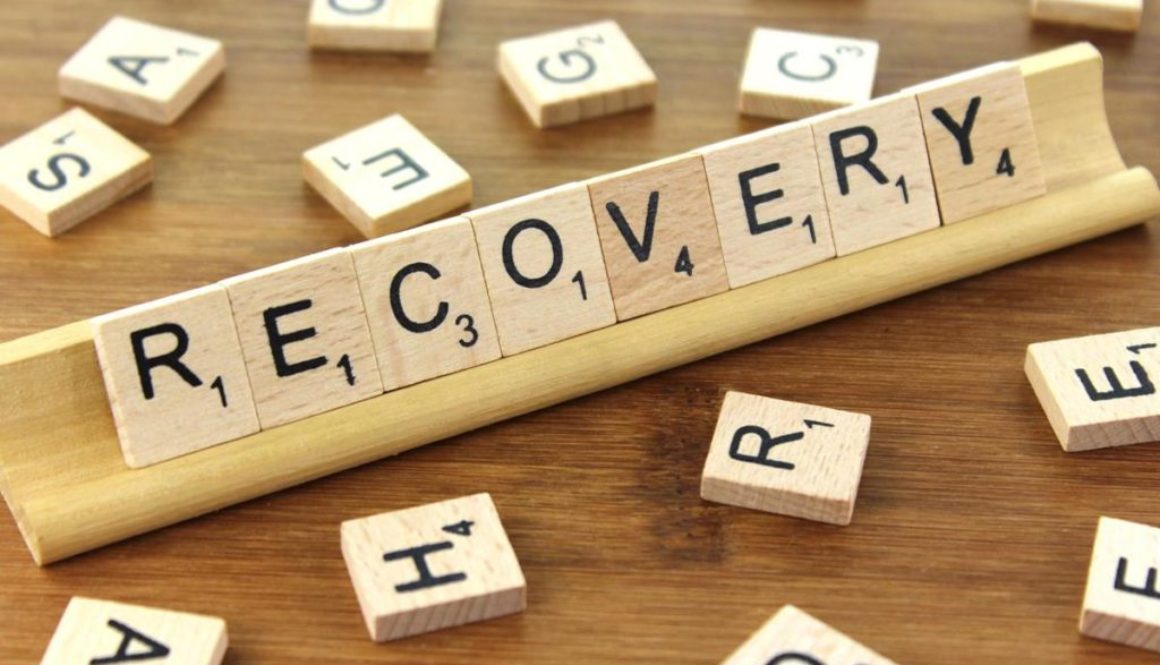Racing and Recovery
Over the past weekend there have been a great deal of events completed by both Aloha Tri athletes and others. I can imagine that many of you either feel energised or completely wiped out (or both)! This is normal for everyone and the key is being able to take time out to have allow your mind and body to rest.
Post-Event recovery is essential to any quality training programme and should be included in “the plan.” As with tapering for an event, post-event recovery can be a traumatic process for athletes. Questions and negative thoughts arise such as “Am I doing enough?” “Will I lose my fitness if I stop?” “I’m racing next week, so I might as well plow on.” This is something that a lot of us go through and can lead to the eventual detriment of future athletic performance.
Why should you take time to recover?
Triathlon is a very physically demanding sport and requires a great deal of effort when racing. After completing an event, the consequences of returning to your high intensity endurance programme should not be ignored. The fact that your body has suffered through such stresses is sometimes not truly felt until days after completing an event. This is the well known delayed onset muscle soreness otherwise known as DOMS. The experience of DOMS can occur simply when getting up in the morning or when returning to your normally planned workouts swimming, cycling or running. This pain that you’re feeling is your body healing and it’s something that it’s trying to tell you. Starting back too early can exacerbate any damage that has occurred and can lead to injury.
The process of post-event recovery has a psychological aspect as well. Competing in an event takes a lot of physical effort, but it also takes mental strength to see yourself across the finish line. Further, with the build-up prior to your race, the planning, tactics, and even simple things such as what you’re going to eat the night before, can weigh you down heavily. Frankly, it can be exhausting to consider all the things that one has to do even to start an event. Then when you’ve finally finished that race, you might go through a whole spectrum of emotions such as loss of motivation, self doubt, or even kicking yourself for not going under a certain time. These feelings are perfectly normal following an event, especially after exerting yourself for a period of time.
How long should you recover for?
That depends on a number of factors. Some professional athletes seem to bounce back and are able to race week after week without seeming to take a day off. This could lead to overuse injuries and eventual bench time, so emulating your favourite pro triathlete is probably not such a good idea to begin with. A good rule of thumb for recovery is based upon the duration of an event as well as the intensity of such activities. A sprint distance triathlon may only require a few days recovery, while recovery after a full Ironman distance triathlon would require at least 2 weeks or more before returning to a structured programme. If you’re a well-trained athlete with years of experience, you may not require as much recovery time as someone who is new to the sport. However, if you raced the event and put an all out effort, you may need more recovery time than you think. So even you life-long athletes need to listen to your bodies.
What should you do during recovery?
Once you’ve had a day or more off from training, athletes should continue their process of physical recovery. When we talk about recovery, we do not really mean that you lay around all day on “the couch of doom” doing nothing. Active Recovery is something that is encouraged to help the post-event healing process and to prepare you for your return to your training regimen. By doing some light exercise, going for a leisurely walk, bike or swim with friends or family can aid in doing this. You can even try that class at the gym that you’ve always want to do, but never had the time.
Recovery is an important aspect of your training cycle and one that should not be ignored. If your coach has included regular rest and recovery days, do them as you would with any of your workouts. If you do so, it will make you a happy and healthy athlete!
Get in touch with aloha@alohatri.com or check out our website http://alohatri.com for a free consultation with our head coach.
–Image by: Nick Youngson – link to – http://nyphotographic.com/
